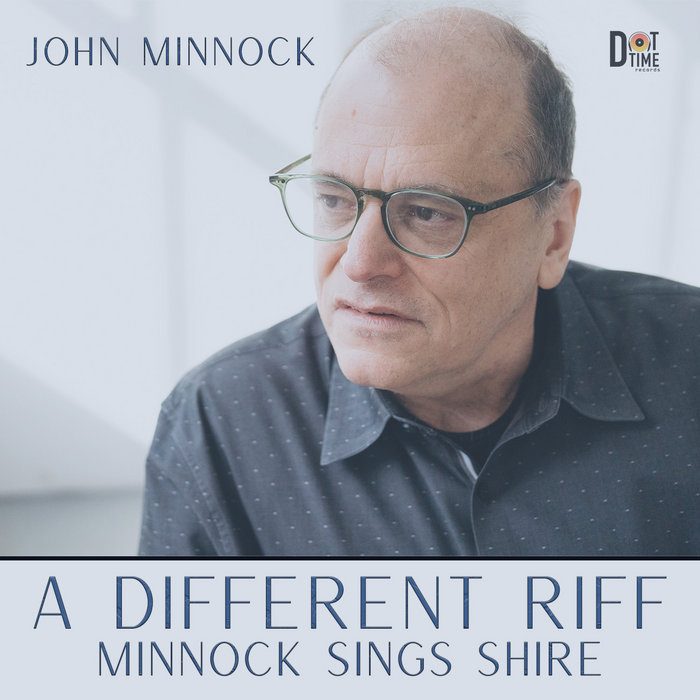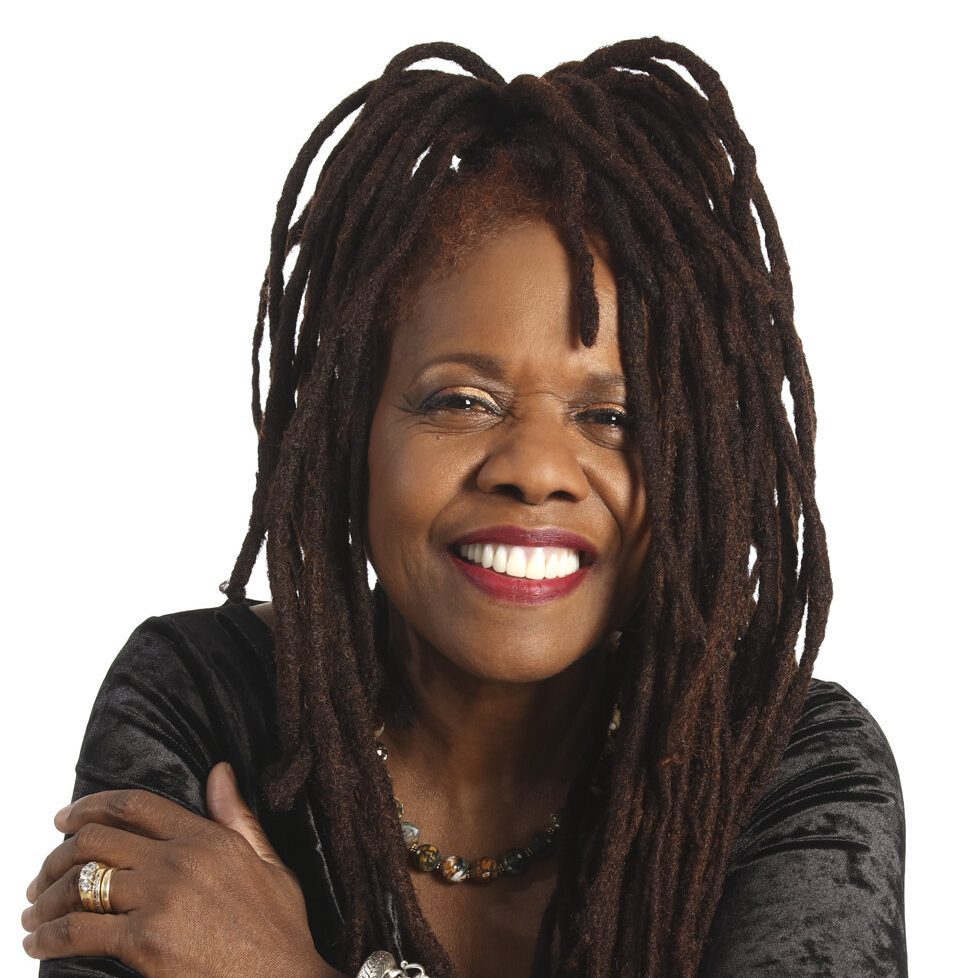Features

Hesitation was never something that could hold singer Sandy Stewart back—not when it came to her career. The...

Bistro Bits: A New Album from D.C. Anderson and a Lina Koutrakos Trifecta
In this column, I check in on an important new album from singer/songwriter/actor D.C. Anderson. Plus, I report...
SEE MORE FEATURES
Club Reviews

Bistro Bits: Winter Rhythms 2024 Features Beats of Different Drums
This year’s “Winter Rhythms” series at Urban Stages (the 16th annual edition) was a mix of old and...

A Grab Bag of Cabaret Shows in a Wide Array of Styles
It seems each year the holiday season starts earlier and gets here quicker, and inevitably leaves me with...
SEE MORE CLUB REVIEWS
Album Reviews

Bistro Bits: Special-Case Albums—New Releases by Minnock and Aloisio/Pallatto
Today for Bistro Bits, I’m having a look at two recent album releases, both of which fall into...

Bistro Bits: Jazz Babies 2024–New Recordings by Russell and Mason, Loar, and Levy/Vannatter
A couple of weeks ago, writer Lisa Jo Sagolla discussed a number of new recordings on this site....

Album Reviews: A Pleasurable Trio of Recent Releases
Reviewing recordings by leading cabaret vocalists may be the heavenliest job on earth, as this latest batch of...









